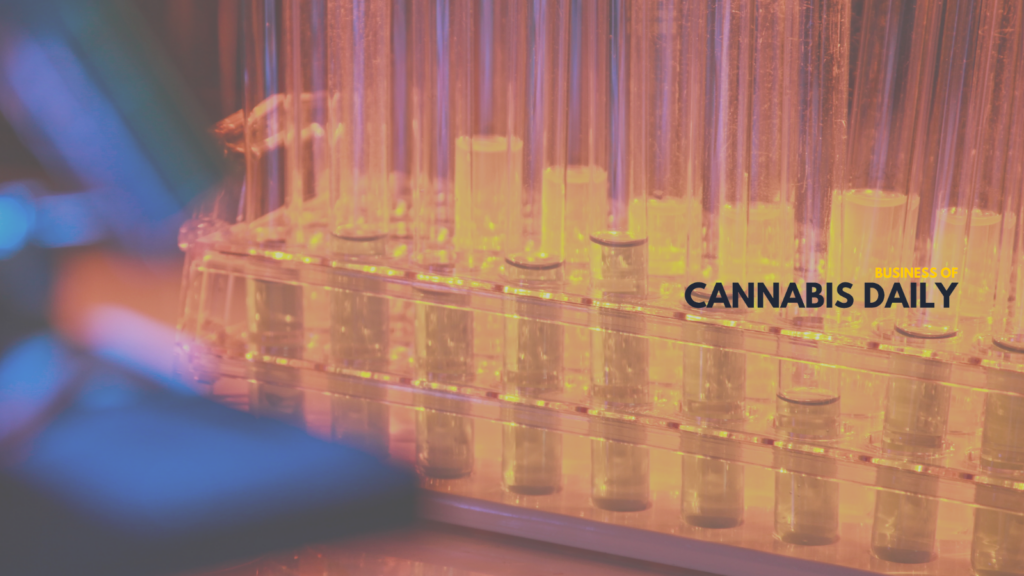
Cannabis testing labs across the US are in hot water for inflating THC potency, according to a scathing report by fivethirtyeight.com.
What gives?
Notably, there’s no evidence that cultivators are paying for fudged numbers. But the financial incentives are undeniable — high-THC products fly off of store shelves, and it’s the single most important factor when it comes to how people shop.
“The pressure is real. Full stop,” said Julia Jacobson, CEO of Aster Farms. “We have some retailers who love us, who sell out of our products, and they will only put our product on their shelves when it tests over 20 percent.”
The THC obsession
And yet, real ones know that high-THC doesn’t even equate to a better high. Increasingly, flower obsessives emphasize the significance of other cannabinoids, terp concentration and profile, in addition to things like setting and physiology. Andrew DeAngelo, cannabis advocate and co-founder of Oakland’s Harborside Dispensary, said one of his recent faves had a mere 12% THC.
“That weed just did it for me,” he said. “I don’t want to name the brand because I don’t want people to think it’s a low-potency brand, it’s not.”
More dirty deeds
To make matters worse, a number of labs also aren’t identifying or disclosing bad batches with contaminants. It’s such a widespread problem, occurring from Washington to Nevada, some are calling for more lab regulation.
“I think it’s challenging for labs in this industry because with low regulatory oversight, there’s almost an incentive to have inaccurate data,” said Lev Spivak-Birndorf, co-owner of Michigan’s PSI Labs. “I have seen labels posted with 106 percent THCA. I don’t think you really need to be a scientist to know that some level of inflation is happening on a label like that.”























